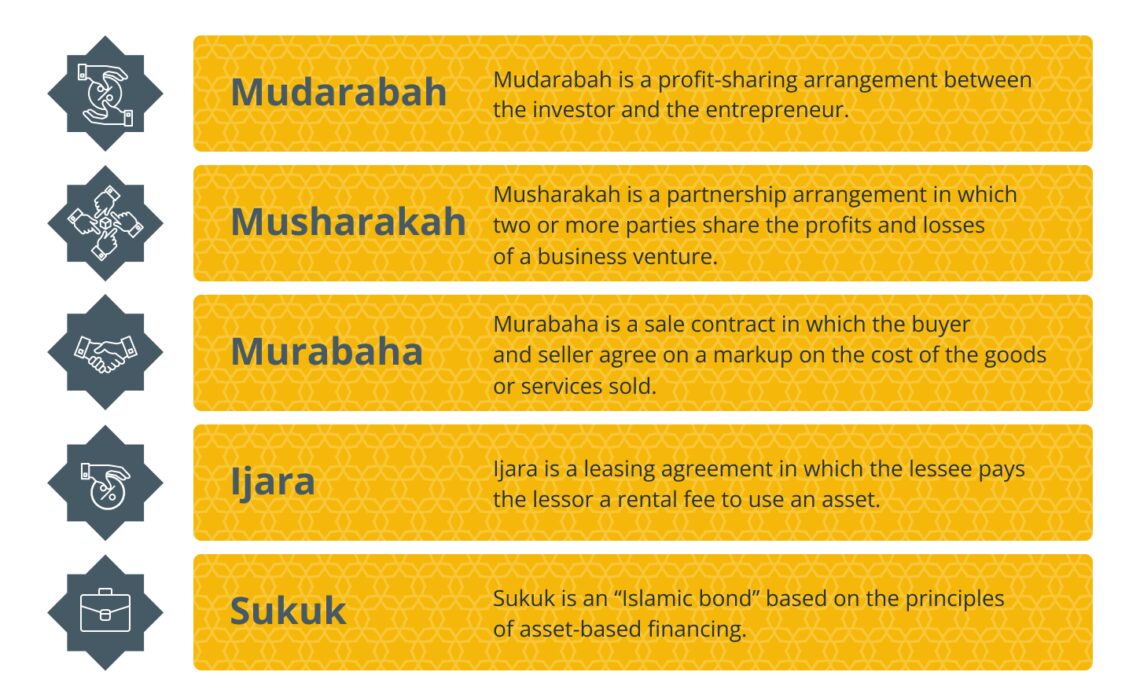Islamic banking and finance is a system based on the principles of Shariah, or Islamic law, which, among many other things, prohibits the charging or paying of interest on loans and emphasizes ethical and equitable financial transactions.
One of the more notable traits of Islamic banking is its prohibition on charging or paying interest on loans, which is the basis of conventional banking.
Instead, Islamic finance is based on profit and loss-sharing agreements between the lender and the borrower. The lender shares the investment risk with the borrower, and both parties share the profits or losses.
Sharia law permits investment in intangible goods like stocks, bonds and digital assets like cryptocurrencies. Sharia-compliant assets do not have to be backed by physical goods as long as they have real utility. Additionally, Sharia only permits investments in businesses and projects that are not harmful to society (so no gambling, alcohol or tobacco).
Transparency is essential to Islamic finance, and all financial transactions must be disclosed to all parties involved. Islamic finance is also supervised by Shariah boards, which comprise Islamic scholars who ensure that all financial transactions comply with the principles of Shariah.
Islamic finance offers several products and services, including mudarabah, musharakah, murabaha, ijara, and sukuk.
What makes a Sharia-compliant cryptocurrency?
To develop a compliant cryptocurrency, a team of experts in Islamic finance and technology — including Islamic scholars, financial experts and developers — come together to determine the design and features of the cryptocurrency.
This team will ensure the coin is based on a profit-and-loss sharing system rather than interest-based lending. This means that investors share in the profits and losses of the business venture rather than receiving a fixed rate of return on their investment.
Recent: Unwinding the hyperbole: Are US-based crypto firms really being ‘choked’?
Once the cryptocurrency is ready for issuance, a Shariah supervisory board must review and certify the coin before Muslim investors can start using it. This certification process involves a detailed review of the cryptocurrency’s features and design.
One example of a Sharia-compliant digital asset is Islamic Coin (ISLM), built on the Haqq Network blockchain. In June 2022, Islamic Coin gained a Fatwa (a ruling by Islamic authority) for its Sharia compliance.
Like many cryptocurrencies, it follows a…
Click Here to Read the Full Original Article at Cointelegraph.com News…
























